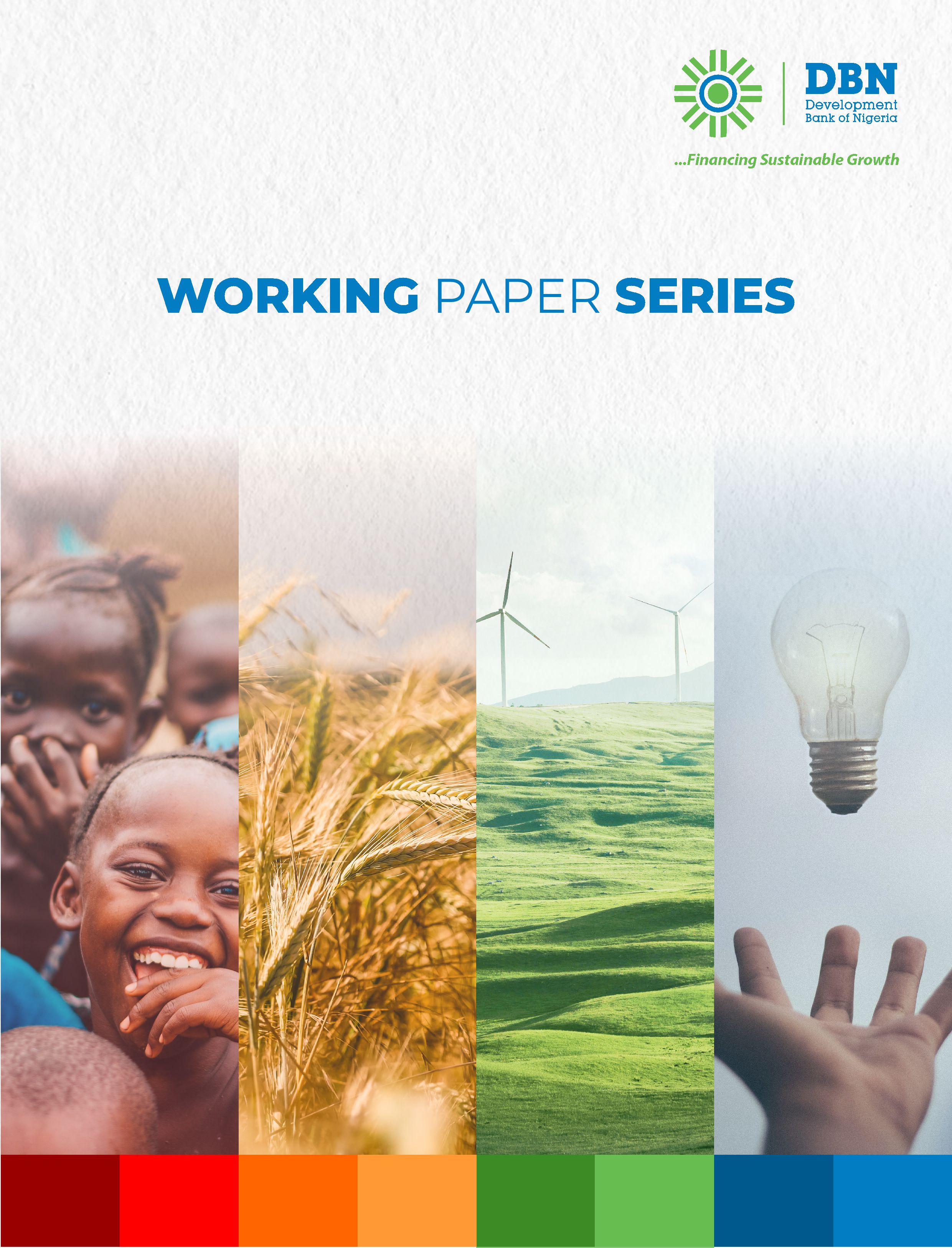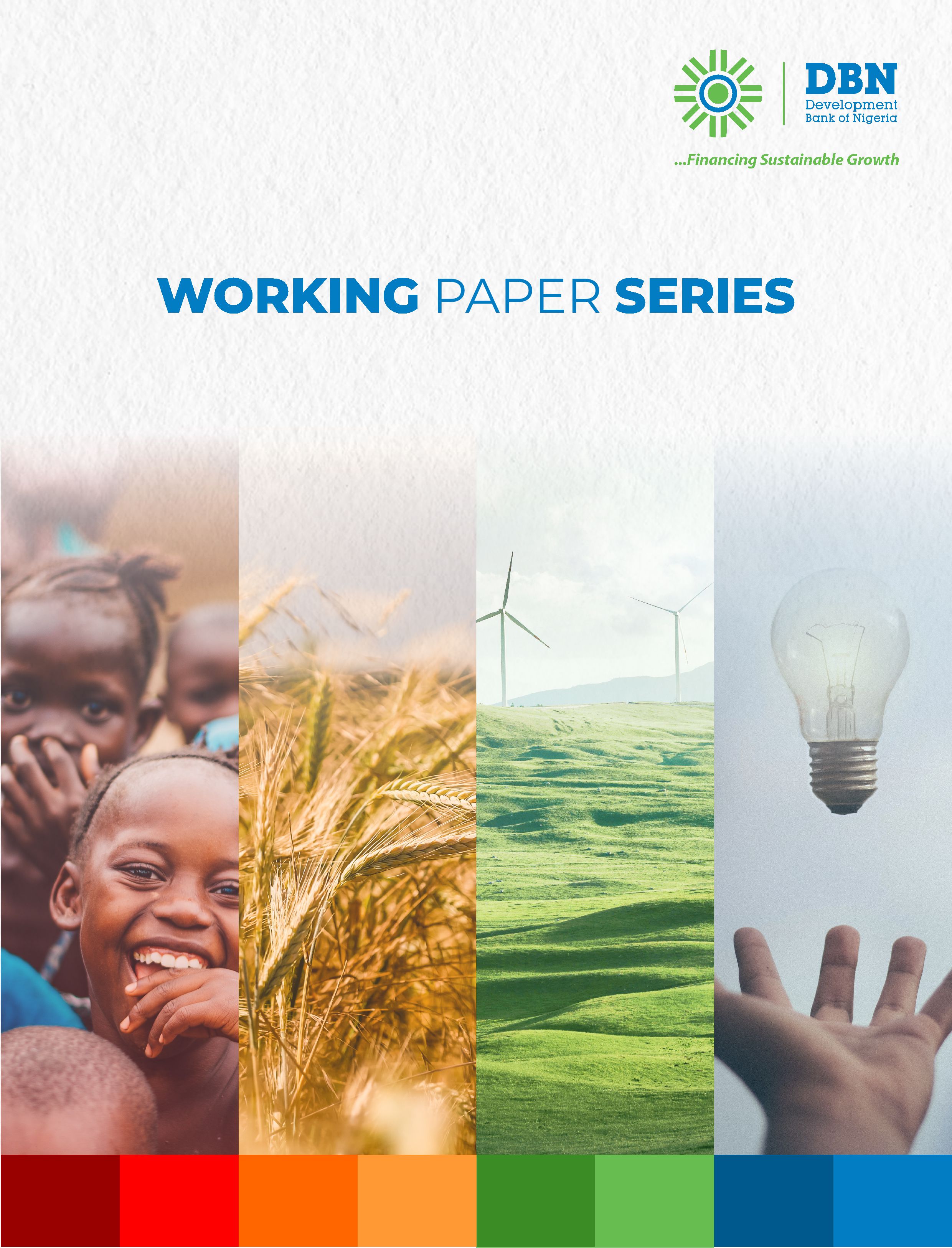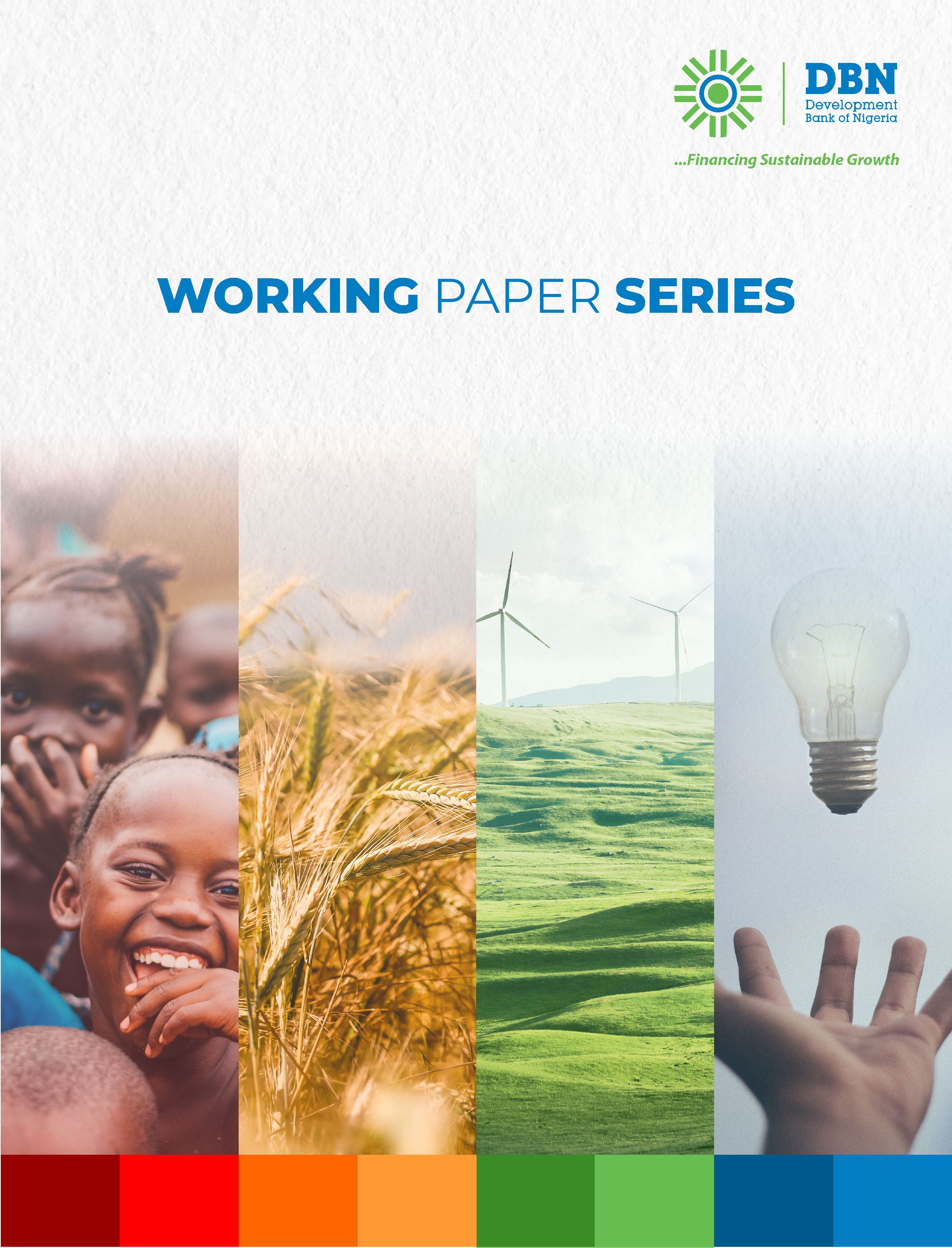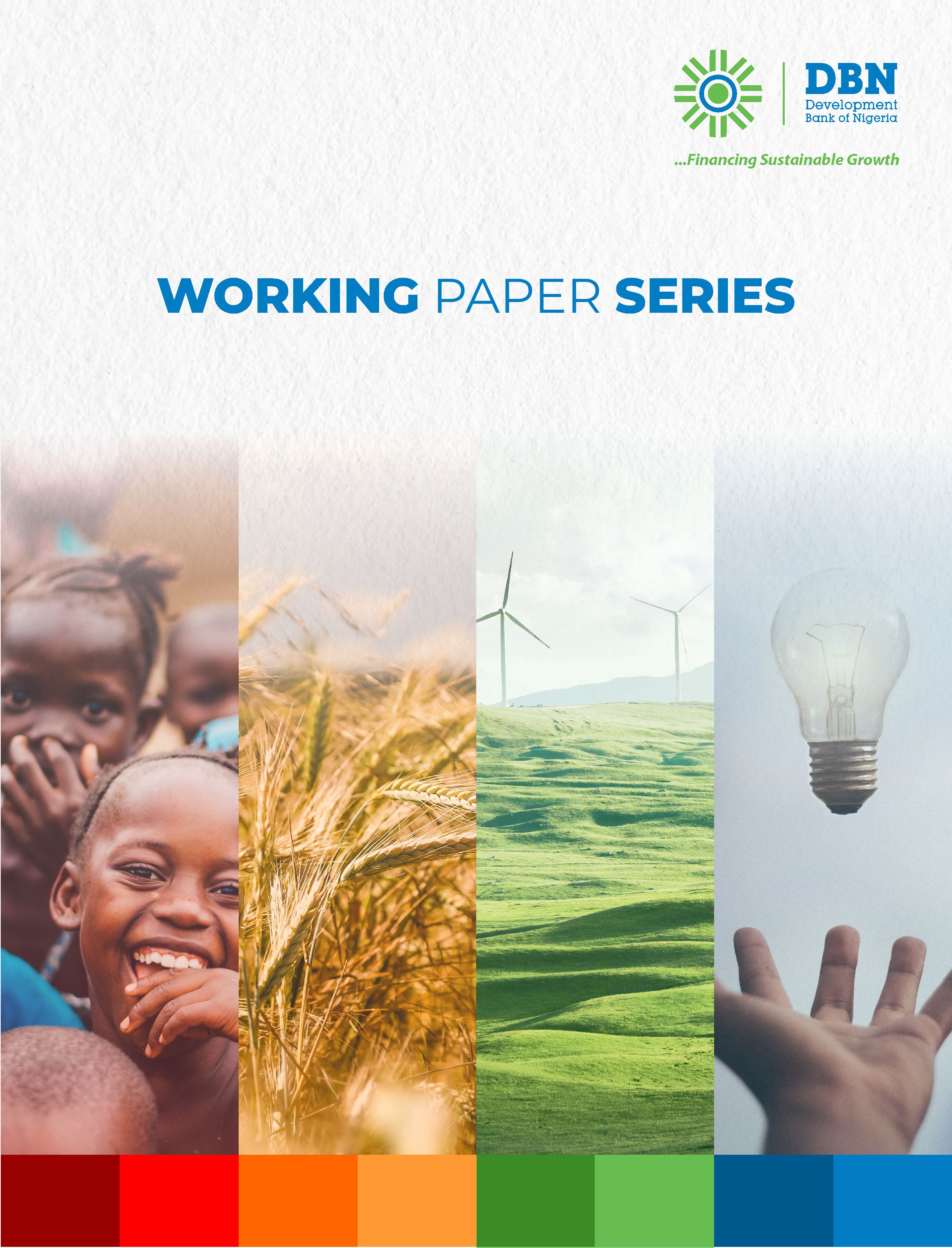
Publication Information
Published by: Admin
Published: 6 months ago
View: 246
Pages: 30
ISBN:
Abstract
Poor governance is often blamed for conflict. This study investigates the relationship between governance and intercommunal conflict in 49 African countries over the period 1990-2020, using a correlated random effects model. The results indicate that political stability, rule of law, and regulatory quality significantly reduce the likelihood of intercommunal conflict, both in the short and long term. Ethnic fragmentation is found to directly increase the probability of conflict, but this effect is moderated by effective governance. Economic development, as measured by GDP per capita, also reduces conflict risk. These findings remain robust under various sensitivity checks. Based on these results, the paper offers targeted policy recommendations aimed at addressing ethnic fragmentation and promoting good governance to mitigate the risk of conflict.
Cheikh T. Ndour
Simplice A. Asongu Prof
Related Publications

VOLUME 8 ISSUE 2 2025
The Role of Governance in Remittances-Access to Electricity Nexus in sub-Saharan Africa? A Rural-Urban Comparative Analysis

VOLUME 8 ISSUE 2 2025
Access to Finance in the Digital Age: Does Digital Financial Inclusion Promote Financial Development in Emerging Countries?

VOLUME 8 ISSUE 2 2025
Born with a silver spoon but raised as a beggar: Fresh empirical investigations into the resource curse thesis in Africa
